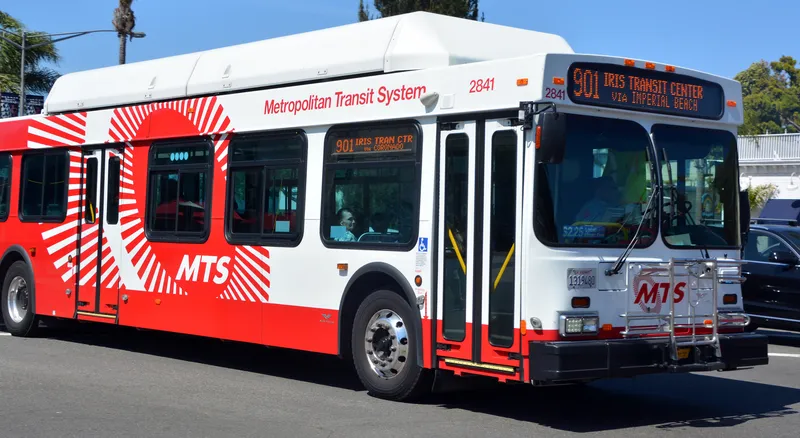Electric vehicle charging company, POD Point, has launched the UK’s first nationwide Pay As You Go network for electric vehicle charging. The POD Point Pay As You Go (PP PAYG) network is free to join, has no monthly fee and only requires a refundable £10 balance for account activation. Based on London’s Oyster model, the PP PAYG network will use SMS text to access charging points and stop and start charging cycles, providing electric and hybrid vehicle drivers with the first nationwide, card-less charging
September 4, 2012
Read time: 2 mins
Electric vehicle charging company, 6509 POD Point, has launched the UK’s first nationwide Pay As You Go network for electric vehicle charging. The POD Point Pay As You Go (PP PAYG) network is free to join, has no monthly fee and only requires a refundable £10 balance for account activation.
Based on London’s Oyster model, the PP PAYG network will use SMS text to access charging points and stop and start charging cycles, providing electric and hybrid vehicle drivers with the first nationwide, card-less charging network.
POD Point says network will have over 750 charge bays by the end of the year, making it the largest UK public charge network. By the end of 2012 charging points belonging to Plugged in Places regions such as Source East and Plugged-in-Midlands networks will also be accessible via PP PAYG. From 2013 all newly installed POD Point charge points will be on the network, increasing the number of charging points to over 4,000 by 2014.
“The case for nationwide PAYG is strong”, says POD Point CEO Erik Fairbairn. “Most electric or hybrid vehicle owners use public charge points occasionally, in areas they don’t visit every day – yet existing charging schemes are either regional, or charge a high monthly fee regardless of use. The PP PAYG network will deliver a nationwide charging network that makes economic sense for electric and hybrid vehicle owners to join – and charge point owners will benefit from increased use of their charging facilities.”
Based on London’s Oyster model, the PP PAYG network will use SMS text to access charging points and stop and start charging cycles, providing electric and hybrid vehicle drivers with the first nationwide, card-less charging network.
POD Point says network will have over 750 charge bays by the end of the year, making it the largest UK public charge network. By the end of 2012 charging points belonging to Plugged in Places regions such as Source East and Plugged-in-Midlands networks will also be accessible via PP PAYG. From 2013 all newly installed POD Point charge points will be on the network, increasing the number of charging points to over 4,000 by 2014.
“The case for nationwide PAYG is strong”, says POD Point CEO Erik Fairbairn. “Most electric or hybrid vehicle owners use public charge points occasionally, in areas they don’t visit every day – yet existing charging schemes are either regional, or charge a high monthly fee regardless of use. The PP PAYG network will deliver a nationwide charging network that makes economic sense for electric and hybrid vehicle owners to join – and charge point owners will benefit from increased use of their charging facilities.”









